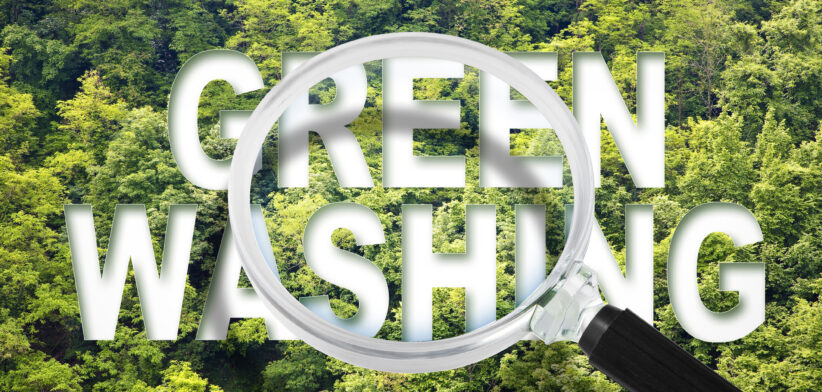By Aaron Dahl and Andrew Bukowski
With a growing focus on sustainability in the community and increased expectations from investors, there is mounting pressure on businesses to demonstrate positive environmental and sustainability credentials.
However, the Australian Securities and Investments Commission (ASIC) has recognised that this theme poses increased risk of poor and even misleading disclosures commonly known as “greenwashing”.
This includes the use of net zero statements and other sustainability-related claims which can have a negative impact on efficient capital markets.
In addition to the proposed disclosure requirements in respect to sustainability, ASIC (along with other regulators such as the ACCC) intends to continue, and intensify, its crack down on the practice of “greenwashing” to support market integrity and efficiency.
Greenwashing is not a new concept – greenwashing is fundamentally a form of misleading and deceptive conduct, but often to enhance or exaggerate claims of sustainability or ethical practices.
In ASIC’s Corporate Plan 2023–27, ASIC outlined that one of its core strategic projects was to take action, including enforcement action, to deter greenwashing.
Across 2023, ASIC demonstrated its commitment to delivering on this project by issuing numerous infringement notices and commencing civil proceedings in the Federal Court against entities including Mercer Superannuation, Vanguard and Active Super for allegedly misleading sustainability related statements.
Most recently, on 28 March 2024, ASIC succeeded in its greenwashing civil penalty action against Vanguard.
In that judgement, the Federal Court declared that Vanguard contravened the law by making misleading claims about certain environmental, social and governance exclusionary screens that were applied to investments in a Vanguard index fund.
As resources and renewables companies are on ASIC’s radar for greenwashing, it is particularly important for these organisations to be prudent with statements on sustainability.
ASIC has demonstrated that its investigations are not limited to disclosure documents and other market releases but may also include less formal company statements, such as social media posts, website advertisements and videos and verbal statements by officers at shareholder meetings. Often, for less high profile organisations, ASIC’s investigations will be triggered by a corporate action, such as raising capital from investors.
ASIC has demonstrated a willingness to take action in relation to historic statements.
As such, we recommend undertaking a ‘health check’ audit of historic and current sustainability statements to determine if sustainability claims made are accurate, complete, reasonably based and appropriately qualified and whether any corrective statements are required. This should also form part of any due diligence undertaken in an acquisition context.
Moving forward, it will be increasingly important to establish appropriate systems and processes to manage sustainability statements to ensure:
- any specific terminology used is clearly explained
- claims have a reasonable basis for being made
- statements are fact based and supported by documentation and expert advice where necessary
- any disclaimers or qualifications to any claims made are obvious and as prominent as the claim itself.
Given the evolving regulatory environment, it will also be critical for resources and renewables companies to consider undertaking greenwashing audits on an ongoing basis.
This includes engaging advisers to verify the credibility of certain disclosures, conducting supply chain due diligence and substantiating any third-party claims which the company relies upon for their sustainability statements.
However, care needs to be taken to ensure that these statements are not misleading or deceptive – and that includes by omission.
As Australia transitions to meet its 2050 net zero commitment, which is now enshrined in legislation (Climate Change Act 2022 (Cth), the framework around greenwashing will evolve and possibly move beyond misleading and deceptive conduct to specific regulation and director and officer duties.
Therefore, we reiterate the importance of undertaking a “health check” of your sustainability statements both historically and on an ongoing basis to ensure they do not fall foul of expectations of regulators, the community and investors. Further we recommend incorporating a “greenwashing due diligence” process into any acquisition.
Aaron Dahl and Andrew Bukowski are Partners at McCullough Robertson Lawyers.
For more information on the legislative and policy developments directly impacting the resources and renewables sector, the 2024 edition of McCullough Robertson’s Emerging Issues for the Australian Energy and Resources Industry is available for download here.
This article covers legal and technical issues in a general way. It is not designed to express opinions on specific cases. It is intended for information purposes only and should not be regarded as legal advice. Further advice should be obtained before taking action on any issue dealt with in this article.









